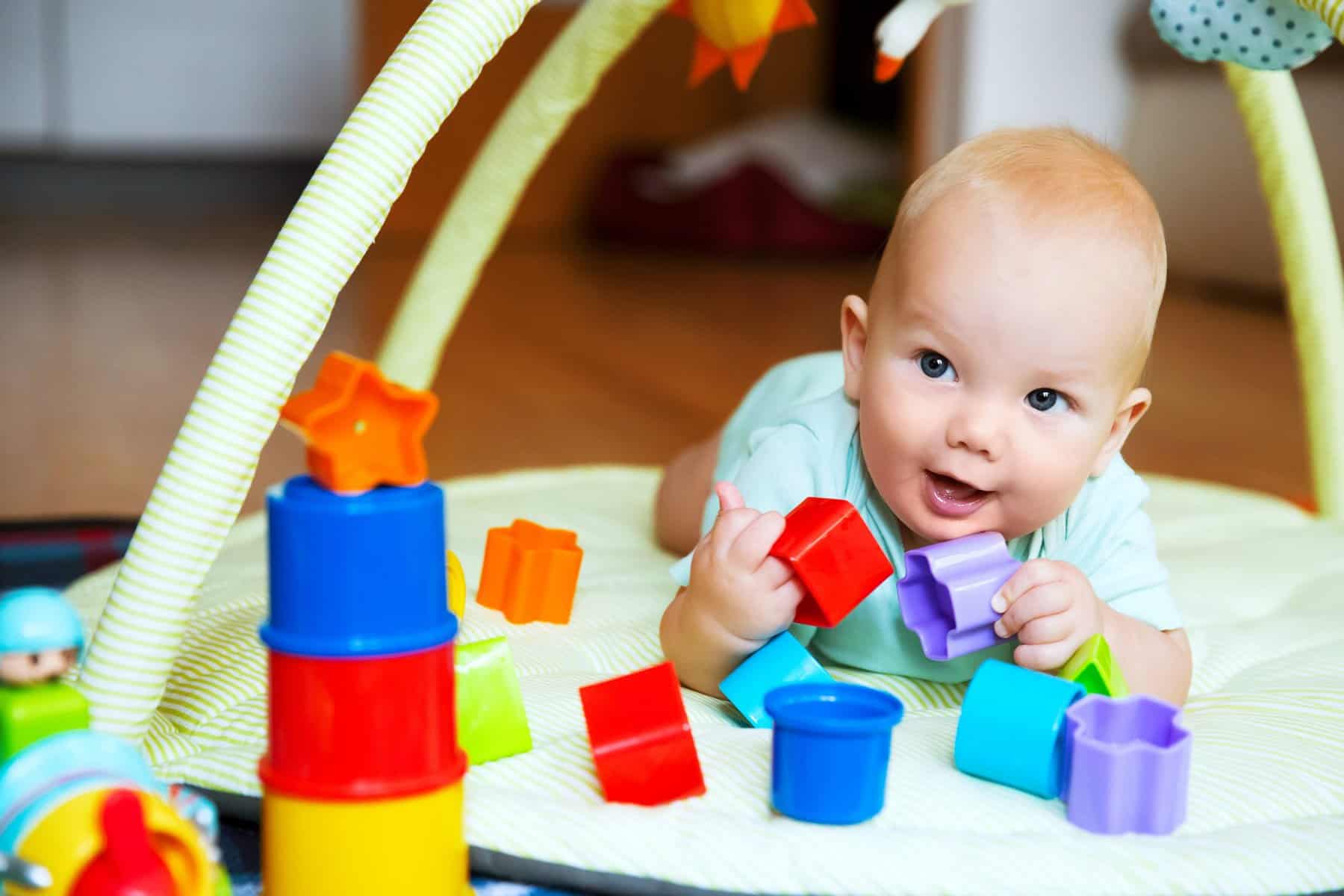Every new parent wants to ensure their baby is happy and thriving. Understanding the key elements that contribute to a baby’s happiness can make parenting a more joyful experience. Here are twelve essential lessons that every new parent should know to nurture their baby’s happiness.
1. Understanding Baby’s Cues

Babies communicate through a variety of cues, from crying and cooing to facial expressions and body movements. As a parent, learning to interpret these signals can help you respond to your baby’s needs more effectively.
Understanding when your baby is hungry, tired, or simply needs comfort allows you to attend to their needs promptly, fostering a sense of security and contentment.
Pay attention to patterns and specific cues your baby exhibits. This not only helps in meeting their immediate needs but also strengthens the bond between you and your baby.
2. Creating a Safe Environment

Safety is paramount when it comes to a baby’s happiness. Creating a secure environment allows babies to explore and learn without unnecessary stress.
Baby-proofing your home by covering electrical outlets, securing furniture, and removing small objects can prevent accidents and injuries, creating a peaceful space for your baby.
A safe environment encourages curiosity and independence, essential components for a happy, thriving baby. Regularly assess your living space for potential hazards and adapt as your baby grows and becomes more mobile.
3. Establishing Routines

Babies find comfort in predictability, making routines crucial for their happiness. Establishing regular feeding, nap, and bedtime schedules helps babies understand what to expect, reducing anxiety and fussiness.
A consistent routine provides a sense of security and helps regulate your baby’s internal clock, promoting better sleep and feeding habits.
While flexibility is necessary, especially during growth spurts or changes in development, maintaining a routine as much as possible supports emotional stability and happiness in your baby.
4. Nurturing Through Touch

Physical touch is a powerful tool for nurturing a baby’s happiness. Skin-to-skin contact, cuddling, and gentle massages promote emotional bonding and a sense of safety.
Touch stimulates the release of oxytocin, often referred to as the “love hormone,” which plays a crucial role in forming secure attachments and reducing stress in babies.
Incorporating touch into daily activities, like feeding or bedtime routines, reinforces your baby’s feeling of being loved and cared for, enhancing their overall happiness and well-being.
5. Encouraging Play and Exploration

Play is an essential component of a baby’s happiness as it fosters learning, creativity, and emotional growth. Encouraging exploration through age-appropriate toys and activities stimulates your baby’s developing brain.
Provide a variety of sensory experiences, such as different textures, sounds, and colors, to engage your baby and support their cognitive and physical development.
Playing together not only enriches your baby’s learning but also strengthens your bond, creating joyful and memorable moments. Ensure the play environment is safe and allows your baby the freedom to explore.
6. Responsive Feeding

Responsive feeding is about recognizing and responding to your baby’s hunger cues rather than adhering strictly to schedules. This approach respects your baby’s individual needs and supports their natural growth patterns.
Being attentive to signs of hunger, such as lip-smacking or rooting, helps prevent unnecessary distress and promotes a more peaceful feeding experience.
Whether breastfeeding or bottle-feeding, responsive feeding fosters a sense of trust and security in your baby, contributing to their overall happiness and well-being.
7. Promoting Healthy Sleep Habits

Healthy sleep habits are vital for a baby’s happiness and development. Ensuring your baby gets enough rest supports their physical growth and emotional well-being.
Create a calming bedtime routine to signal sleep time, such as a warm bath, reading a book, or gentle rocking. These cues help your baby associate certain activities with relaxation and sleep.
Consistency in sleep routines helps regulate your baby’s sleep-wake cycle, reducing nighttime awakenings and fostering a happier, well-rested baby.
8. Fostering Social Interaction

Social interaction is a key factor in a baby’s happiness. Engaging with other babies and adults helps develop communication skills and emotional intelligence.
Participating in playgroups or baby classes provides opportunities for your baby to interact socially, introducing them to new faces and environments.
These interactions boost confidence and curiosity, key components of happiness and social development. Encourage your baby to observe and play with peers, enhancing their social skills and creating joyful experiences.
9. Encouraging Language Development

Babies are naturally curious about language. Encouraging their language development boosts their happiness as they learn to express themselves.
Talk, sing, and read to your baby regularly to stimulate their interest in words and sounds. Respond to their babbling and cooing, fostering a two-way communication that builds confidence.
The joy of hearing familiar voices and engaging with language-rich activities helps your baby feel connected and understood, enhancing their emotional well-being and happiness.
10. Balancing Stimulation and Rest

Finding the right balance between stimulation and rest is crucial for a baby’s happiness. Overstimulation can lead to fussiness and fatigue, while too little engagement may hinder development.
Observe your baby’s cues to determine when they need rest or are ready for play. Quiet time with soothing music or gentle rocking can help them unwind.
Providing varied, age-appropriate activities ensures they are mentally and physically stimulated without becoming overwhelmed, promoting a harmonious and happy environment.
11. Encouraging Emotional Expression

Allowing babies to express their emotions freely contributes to their happiness and emotional intelligence. Encourage them to show feelings through facial expressions, sounds, and gestures.
Responding empathetically to their emotional cues teaches them that it’s okay to express happiness, sadness, or frustration.
This nurturing environment helps them develop a healthy understanding of emotions, creating a foundation for future emotional well-being and happiness.
12. Adapting to Developmental Changes

Babies grow and change rapidly, and adapting to these developmental changes is key to maintaining their happiness. Each stage brings new skills and challenges.
Stay informed about developmental milestones and be prepared to adjust routines and activities to support your baby’s growth.
Flexibility and patience are essential as your baby transitions through different stages. Embrace their evolving needs and celebrate each new achievement, fostering a supportive and happy environment.

Well, hello there!
My name is Jennifer. Besides being an orthodontist, I am a mother to 3 playful boys. In this motherhood journey, I can say I will never know everything. That’s why I always strive to read a lot, and that’s why I started writing about all the smithereens I came across so that you can have everything in one place! Enjoy and stay positive; you’ve got this!

